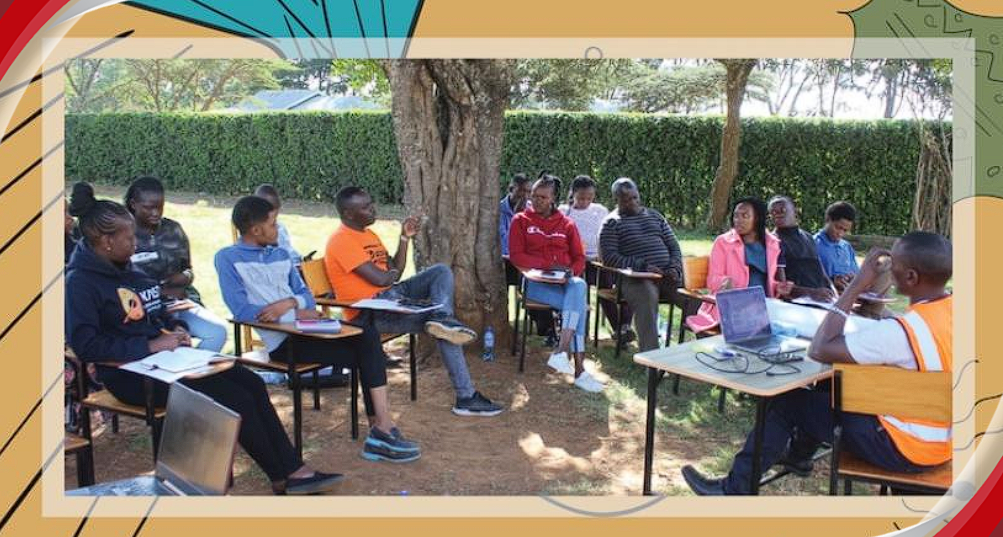Articles
Sufficient spectrum will boost Africa's economic development
-
1 year ago
Efficient allocation of radio frequency spectrum resources in sufficient quantities will aid in the socio-economic development of African countries.
This is according to a fixed wireless access (FWA) report, compiled by Africa Analysis and focusing on the existing and predicted future use of fixed 4G and 5G services across Africa.
The study's purpose, according to Africa Analysis, an ICT and future-tech consulting firm, was to analyse the opportunity to implement FWA as important broadband connection technology using multiple spectrum frequencies: 2.3GHz, 2.6GHz, 3.5GHz, 6GHz and 26GHz.
The research also looked at how various government and regulatory interventions can affect the growth of broadband services.
According to Africa Analysis, FWA is a critical technology that can overcome the limits associated with fixed infrastructure.
It does, however, state: “This is dependent on the availability of the required spectrum for 4G and 5G network deployments. This includes allocating frequencies in the 6GHz band to FWA technologies."
As a result, Africa Analysis concludes: "Overall, the efficient allocation of radio frequency spectrum resources in sufficient quantities, and the subsequent efficient use of that spectrum, is critical to achieving strong FWA growth, which will aid in the socio-economic upliftment of African countries."
Furthermore, the study found that "good quality broadband connectivity is becoming increasingly important as a means of socio-economic upliftment, but several factors currently constrain the growth of broadband infrastructure and demand for broadband services”.
According to Africa Analysis, the extent of FWA build-out and service uptake will rise as a result of numerous government initiatives. Such initiatives might improve home internet penetration by up to 14% across Africa over the next 12 years.
It states that intervention strategies open to governments include lowering network operators' input costs, such as by lowered import levies on network equipment.
It also references reduced costs for network infrastructure deployment, for example, through infrastructure sharing legislation or a universal service fund to pay the cost of backhaul network deployment.
The research also advocates for broadband service subsidies for service users, customer-premises equipment subsidies and service activation subsidies, and incentives for network operators to provide discounts on services to public entities (such as schools) or low-income families.
Related Articles Posts
Categories
Popular Post
-
 SA’s IT spend to outpace GDP growth 1 year ago
SA’s IT spend to outpace GDP growth 1 year ago -
 Vodacom, Netstar launch free in-taxi Wi-... 1 year ago
Vodacom, Netstar launch free in-taxi Wi-... 1 year ago -
 South Africa under pressure to fill cybe... 1 year ago
South Africa under pressure to fill cybe... 1 year ago -
 Organisations with a strong employee val... 1 year ago
Organisations with a strong employee val... 1 year ago -
 Joint policy-in-action event highlights... 1 year ago
Joint policy-in-action event highlights... 1 year ago -
 Boost your digital transformation journe... 1 year ago
Boost your digital transformation journe... 1 year ago








